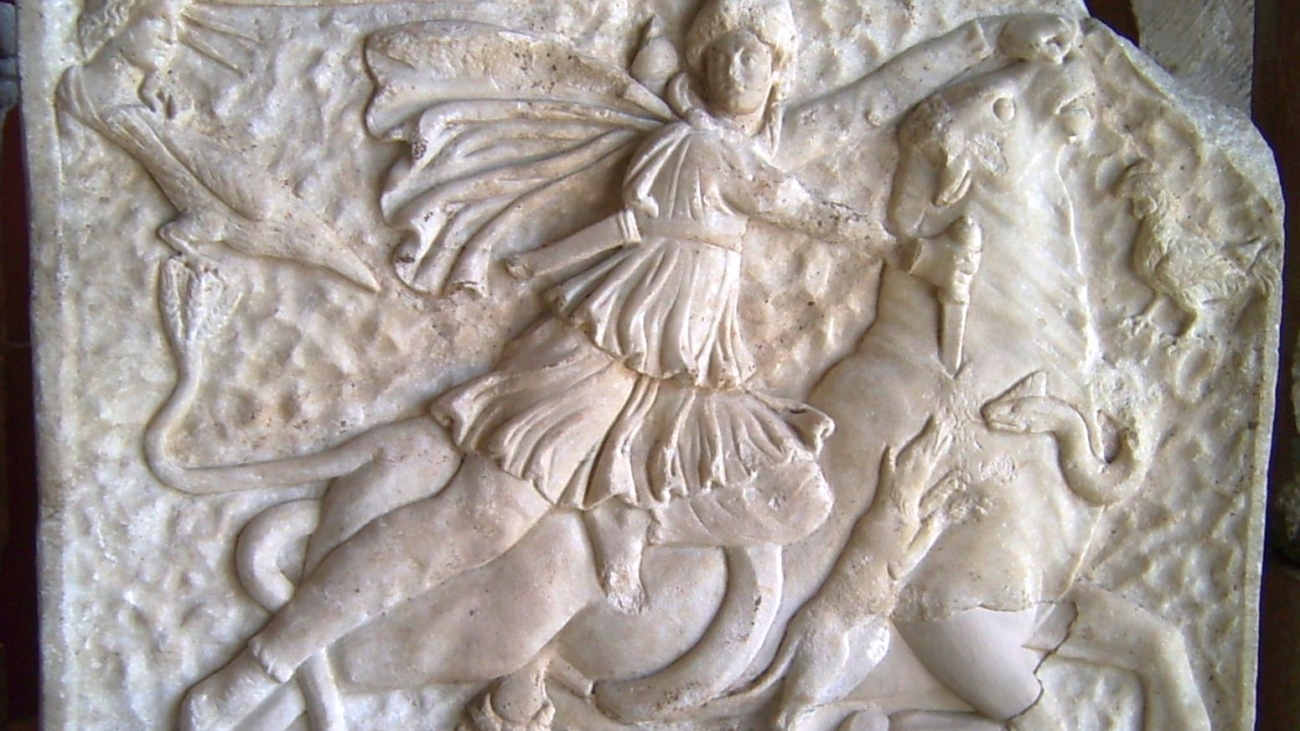I think one of the reasons Crowley’s project with OTO is so often misunderstood is because it is an implementation of Thelema as a mystery religion, and we don’t really have a category for that in modern spirituality.
We know what a religion is. OTO presents Thelema as a religion, but unlike a religion like Christianity which can be summarized in a few well-chosen sentences, it’s not possible to do that with Thelema. You can give an adequate definition of Babalon to get someone started, but there’s a significance to any of the symbols in OTO that can only be acquired through long experience.
Similarly, we know what mysticism is, but it’s a category that applies to first person, ineffable experiences. It’s a kind of experience that, in modernity, seems to point 180 degrees away from religion which is generally thought of as public, moral in nature, and organized around creeds and beliefs that can be easily communicated.
There are mysteries in Christianity: the Trinity, creation, incarnation, the Eucharist, etc. But there’s not an initiatory path in Christianity meant to bring you to an understanding of these mysteries. And it’s not as though there’s class of initiates in Christianity who understand these mysteries. No one is supposed to understand them.
There is a class of initiates in OTO who are supposed to understand its mysteries. This is often understood both by outsiders and members of OTO as consisting of knowledge of a technique of sex magick. But knowledge of a technique is not the same thing as understanding a mystery in the sense meant by mystery religions. That’s to confuse a mystery with a puzzle or a problem. There’s a dimension of perspectival knowing that goes with understanding a mystery (similar to the understanding that comes with a mystical experience). There’s also a dimension of participatory knowing: a change of identity. It’s the way the perspectival, the participatory, and the procedural/technical are united in the identity of the initiate that grants understanding in the deep sense.
Crowley’s metaphors for this—sealing LVX into one’s heart to affect an identity with Jesus Christ—come from the Golden Dawn. Other metaphors can be utilized. I explored many of them in my recent article on the Rosy Cross formula, which you can read a draft of on my Patreon. But what they amount to are empowerments and knowledge (in the intellectual sense) which are rooted in a transformation of consciousness and a transformation of identity. The purpose of initiation is to “fit” the candidate to this identity through the symbols. This is a function unique to mystery religions of the ancient world. As Synesius, paraphrasing a lost work of Aristotle’s on religion, said:
Aristotle holds that initiates [of the Mysteries] do not learn something [mathein] but must rather undergo something [pathein] and be rearranged [diatethēnai], that is, to become fit [epitēdeious].
This idea of becoming fit for something spiritual—of becoming infallibly but irrevocably apart from and above other members of the spiritual community—is difficult to accept for many people today. It doesn’t match up very well with the idea that the significance of Thelema is bespoke to the individual Thelemite—the idea that you don’t have to be fitted to something; the truth is fitted to you. But it also contradicts the idea that magick is rooted in techniques that anyone can learn or master if they put in the time. But the premise of OTO is that you only acquire the agency to apply the technique once you have assumed a particular identity. Not everyone is going to be able to fulfill that developmental path. There’s an element of grace to it.
I think the austerities following the V° are meant to make that transformation more likely. But that’s the most they can do: make the transformation more likely. They can’t guarantee it—not any more than proper nutrition can guarantee a person will eventually be over 6′ tall.
These are ideas the initiation candidate is introduced right out of the gate in OTO. None of what I’ve said here is esoteric or high-initiate material. I just don’t think the significance of is often appreciated because it is difficult to assimilate them to modern notions of what spirituality ought to be about.
